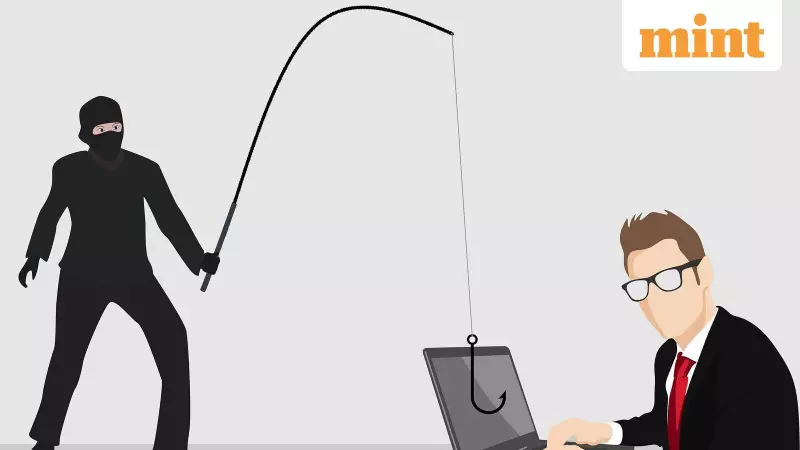
India's digital lending sector is booming, offering quick financial solutions. However, this rapid growth has also attracted a surge in scammers targeting individuals seeking instant personal loans. Regulatory bodies and major financial institutions are actively sending alerts via emails and SMS to warn borrowers. To help you navigate this landscape safely, here are seven critical red flags you must recognize to protect your hard-earned money.
Major Warning Signs in Digital Lending
1. Demand for Upfront Payment
A genuine financial institution will always deduct processing fees or other charges from the final loan amount after it is sanctioned. If a lender asks you to transfer money first for a 'registration fee', 'insurance', or any other pretext, consider it a major warning sign. You should avoid such entities and understand that protecting your rights is your responsibility.
2. No Credit Check or Unrealistic Approval Promises
Be extremely cautious if a lender promises a loan with zero documentation, no verification of your credit history, or guarantees 'instant approval' regardless of your financial profile. Legitimate lenders never offer free loans and always perform a thorough background check to assess your creditworthiness.
3. High-Pressure Tactics and False Urgency
Scammers often create a false sense of urgency with messages like 'offer expires today' or 'limited seats available' to pressure you into immediate action. They may claim a payment is needed to 'clear' your application. Authentic institutions provide ample time to review all terms and conditions carefully.
Verifying Lender Authenticity
4. Lender Not Registered with RBI
It is crucial to check if the lender is registered with the Reserve Bank of India (RBI) or is an RBI-authorized Non-Banking Financial Company (NBFC). Dealing with an unregistered entity is high-risk. If in doubt, contact the Ministry of Finance or the RBI directly to raise concerns and get clear answers before proceeding with any loan application.
5. Lack of Physical Address or Credible Contact Information
A real lender will always provide a verifiable physical address, a functional customer service number, and maintain a professional, traceable online presence. The absence of these basic details is a strong indicator of potential fraud. It is highly recommended to research past customer experiences and, if feasible, discuss them in person.
Recognizing Fraudulent Offers and Data Theft
6. Offers That Seem Too Good To Be True
Be wary of shockingly low interest rates, promises of large loan amounts with minimal income proof, or 'guaranteed approval' offers. Always ask yourself why a legitimate lender would make such an offer. Understand that the loan distribution terms of authentic financial institutions are standardized for all borrowers.
7. Requests for Sensitive Information or Unusual App Permissions
Never share sensitive details like your bank account information, OTPs, Aadhaar, or PAN card numbers over chat or phone calls. Additionally, be cautious if a lending app requests excessive permissions to access your contacts, SMS, or media files. Scammers use this information for identity theft, financial fraud, and harassment.
In conclusion, your financial safety should be the top priority. Before applying for any personal loan, take a moment to pause and verify the lending institution thoroughly. Read all terms and conditions carefully instead of rushing into an agreement. Staying vigilant is your best defense against the growing threat of digital lending scams.






